
In our daily lives, we often use products out of convenience or habit, unaware of their environmental impact. As the world becomes more conscious of sustainability and ecological preservation, it’s crucial to identify and reconsider the use of everyday items that contribute to environmental degradation.
This article sheds light on 15 common products that are silently harming the planet, highlighting the importance of making informed choices for a healthier environment.
1. Disposable Coffee Cups

Millions of coffee lovers grab their morning brew in disposable cups daily, not realizing the environmental toll. Most disposable cups are lined with polyethylene, making them difficult to recycle.
The production and disposal of these cups contribute to deforestation, water pollution, and increased landfill waste. Opting for a reusable coffee mug can significantly reduce this impact.
2. Plastic Water Bottles
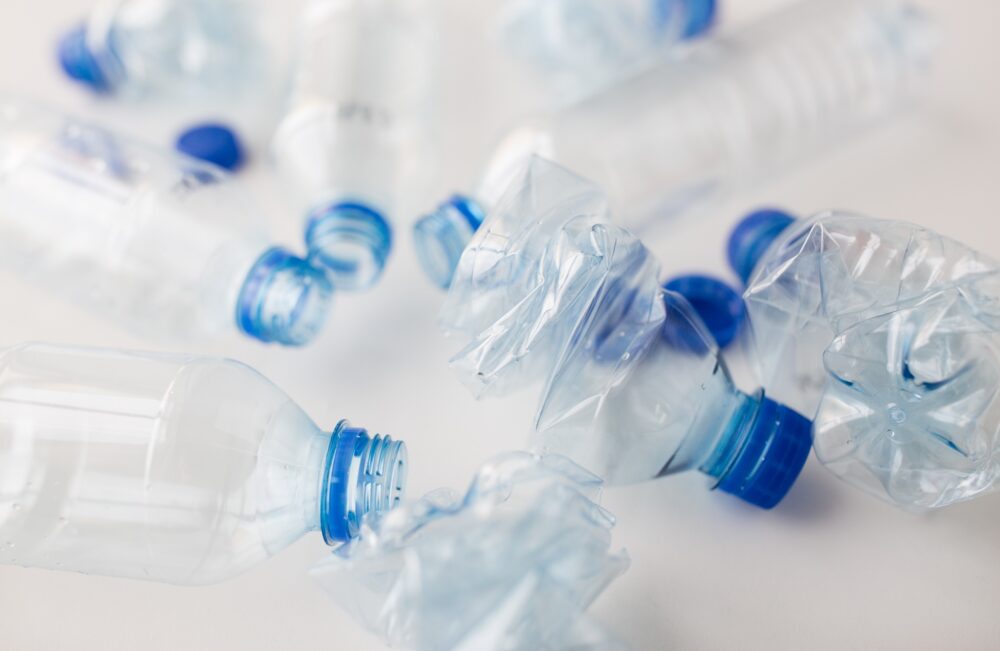
Plastic water bottles are a staple in many households, but their environmental cost is high. They are made from petroleum, a finite resource, and their production emits harmful greenhouse gases.
Furthermore, plastic bottles take hundreds of years to decompose, polluting oceans and harming marine life. Switching to a reusable water bottle is a simple yet effective way to mitigate these effects.
3. Microbeads in Personal Care Products

Found in exfoliating body washes, facial scrubs, and toothpaste, microbeads are tiny plastic particles that cause significant environmental harm. They pass through water treatment plants and end up in waterways, where marine animals ingest them. This not only affects aquatic life but also enters the food chain, posing health risks to humans. Choosing products without microbeads can help protect our water ecosystems.
4. Single-Use Plastic Bags
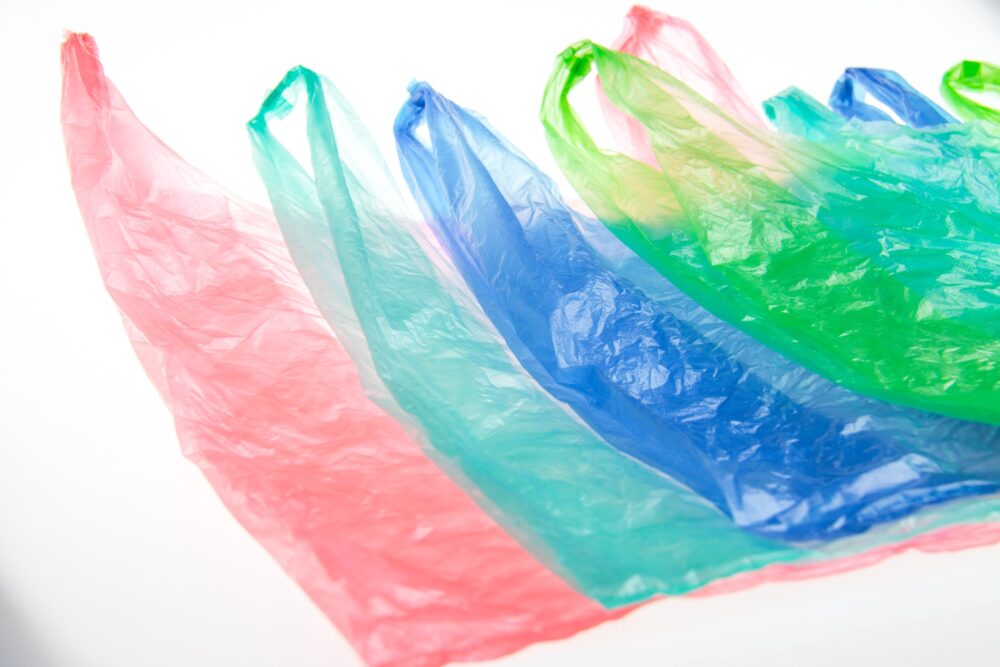
Single-use plastic bags are a major environmental pollutant. They are not biodegradable and often end up in oceans, where they pose a threat to marine life. Many cities and countries are implementing bans or taxes on single-use plastic bags to combat this issue. Using cloth or reusable shopping bags is an easy and effective alternative.
5. Disposable Straws
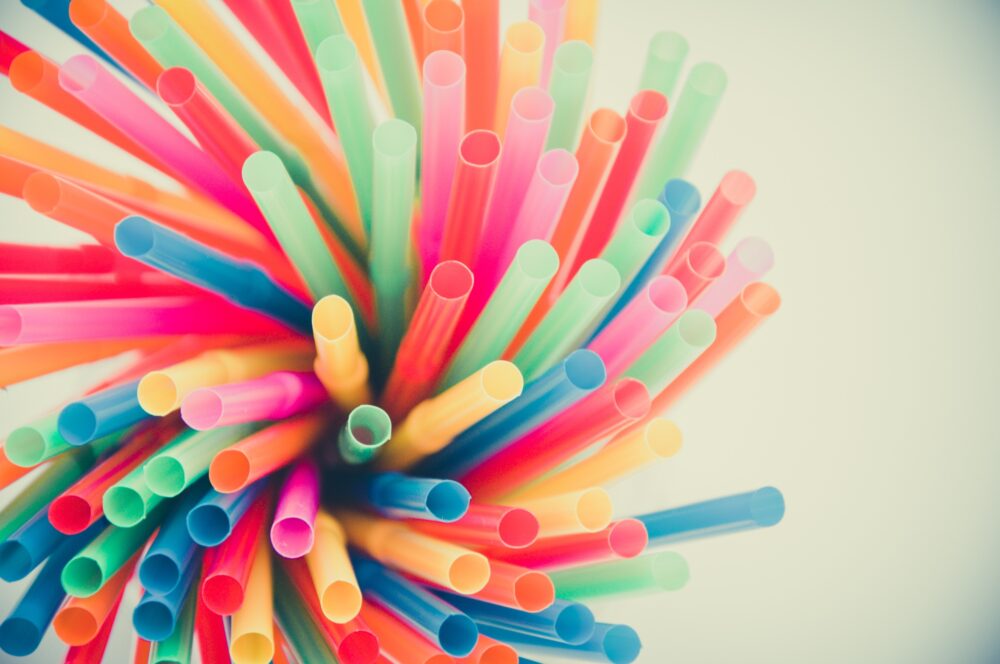
Plastic straws are used for a few minutes but can take up to 200 years to decompose. They frequently end up in oceans, contributing to the vast plastic pollution problem and harming marine species. Opting for reusable straws made of metal, glass, or bamboo is a sustainable choice.
6. Fast Fashion

The fast fashion industry is notorious for its environmental impact, from excessive water usage to the pollution of waterways with toxic dyes and chemicals. The rapid production cycle and the disposability of fast fashion items contribute to enormous waste. Supporting sustainable fashion brands and embracing second-hand clothing are ways to reduce this footprint.
7. Non-Recyclable Toothbrushes
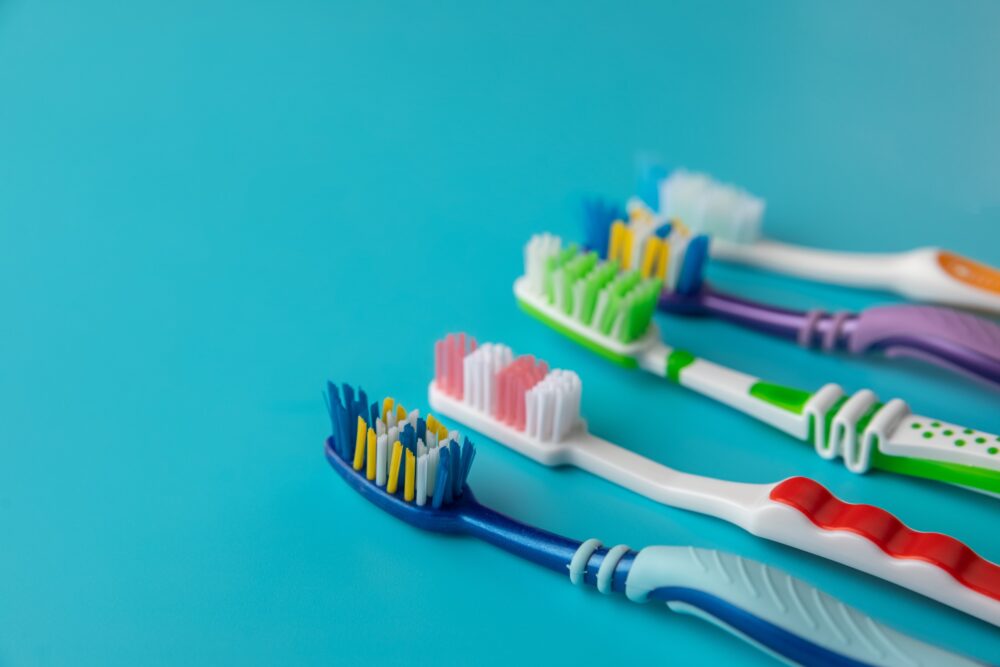
Most toothbrushes are made from non-recyclable plastics and contribute to landfill waste. Over a billion toothbrushes are discarded annually in the U.S. alone. Switching to a biodegradable alternative, such as a bamboo toothbrush, can significantly reduce plastic waste.
8. Disposable Razors
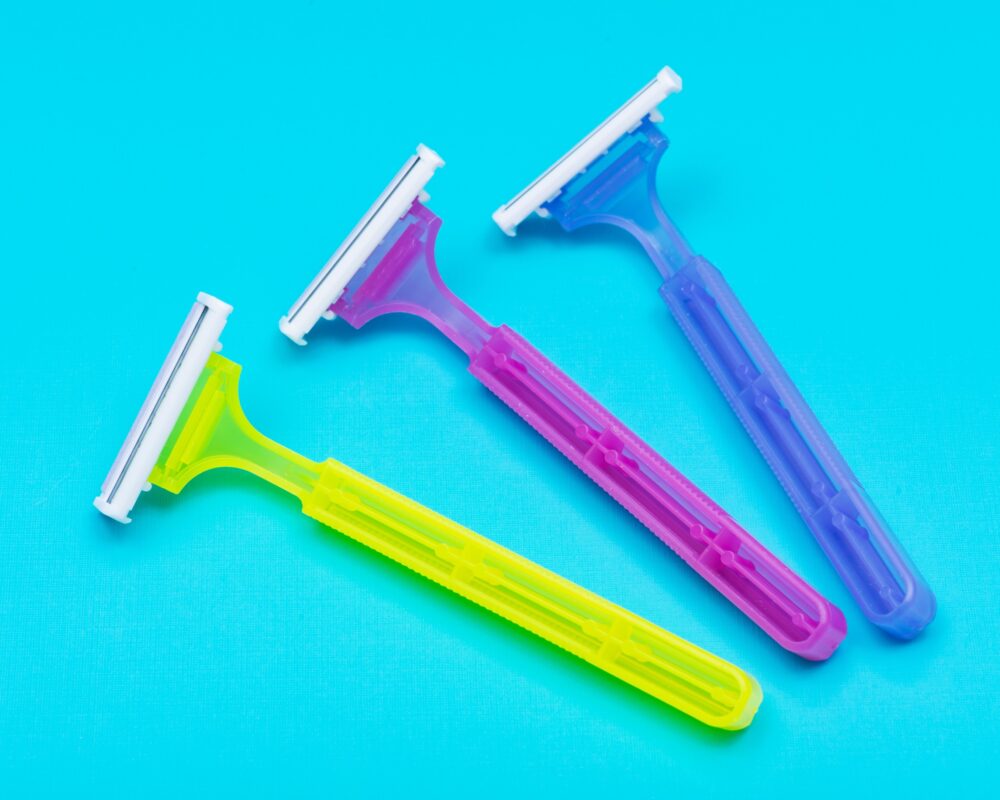
Disposable razors, made from a combination of plastic and metal, are difficult to recycle and contribute to the growing problem of plastic waste. Opting for a reusable razor with replaceable blades can minimize waste and reduce environmental impact.
9. Synthetic Fabrics

Clothing made from synthetic fabrics like polyester and nylon sheds microfibers in the wash, which end up in waterways and ultimately the ocean, posing a threat to aquatic life. Choosing natural fibers or investing in a microfiber catching device for your washing machine can help mitigate this issue.
10. Wet Wipes
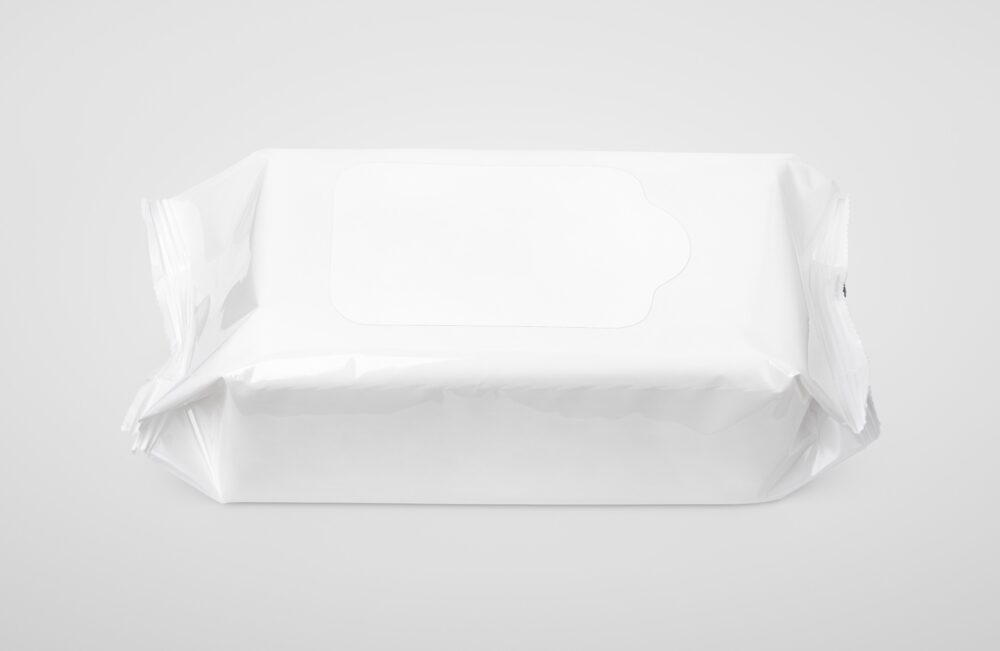
Often marketed as flushable, many wet wipes are not biodegradable and can cause blockages in sewer systems, leading to environmental damage. Opting for compostable wipes or using washable cloths instead can reduce this impact.
11. Styrofoam Containers
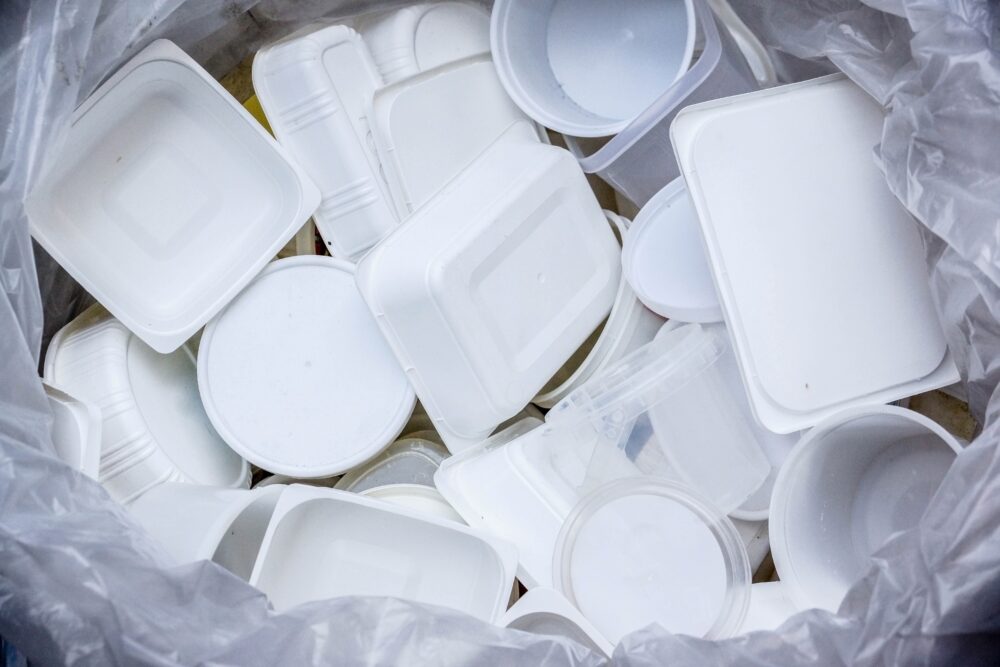
Styrofoam, or expanded polystyrene, is commonly used for food packaging but is non-biodegradable and difficult to recycle. It breaks down into small particles, polluting waterways and landscapes. Choosing products with sustainable packaging or using reusable containers can help avoid this pollution.
12. Aerosol Cans
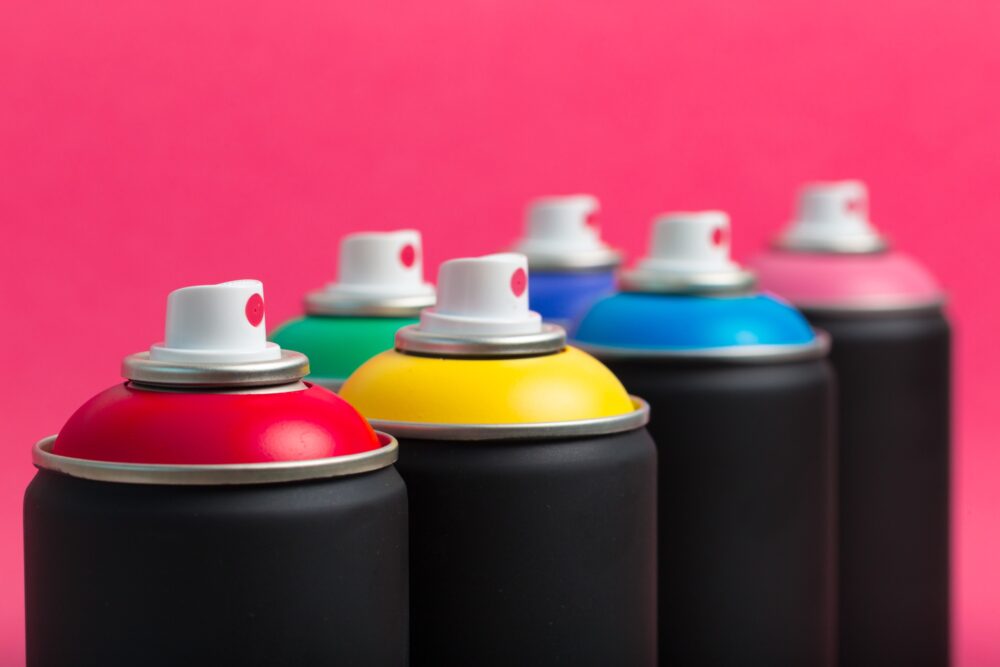
Aerosol cans, used for products like hairspray and deodorant, contain hydrocarbons and compressed gases that contribute to air pollution and climate change. Opting for pump sprays or roll-on products can reduce the use of harmful propellants.
13. Disposable Batteries
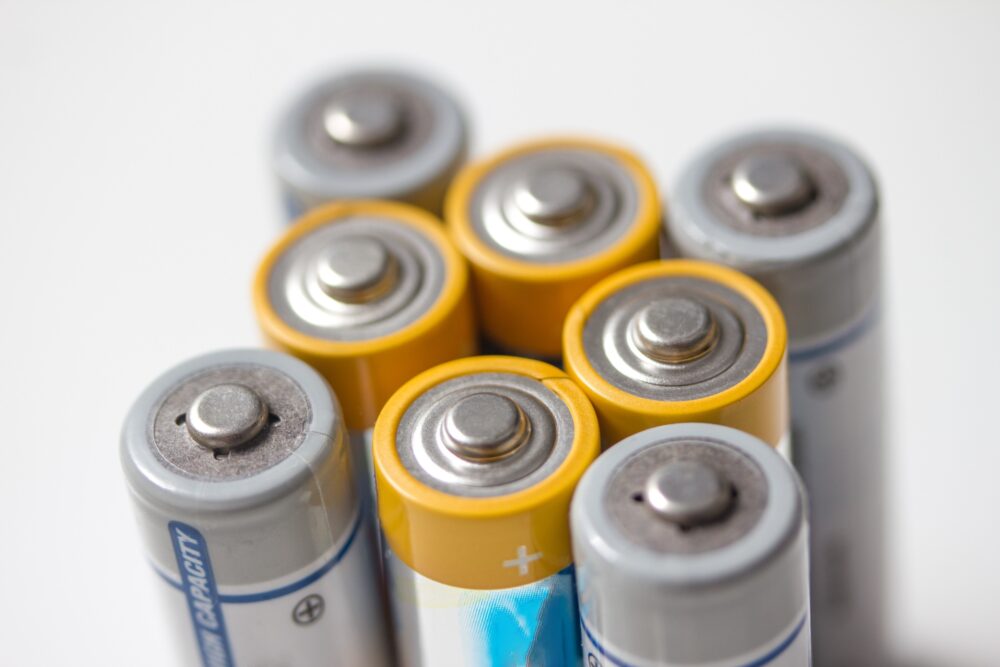
Disposable batteries contain heavy metals and chemicals that can leach into soil and water, contaminating ecosystems. Using rechargeable batteries instead can minimize hazardous waste and reduce the need for resource-intensive battery production.
14. Paper Towels
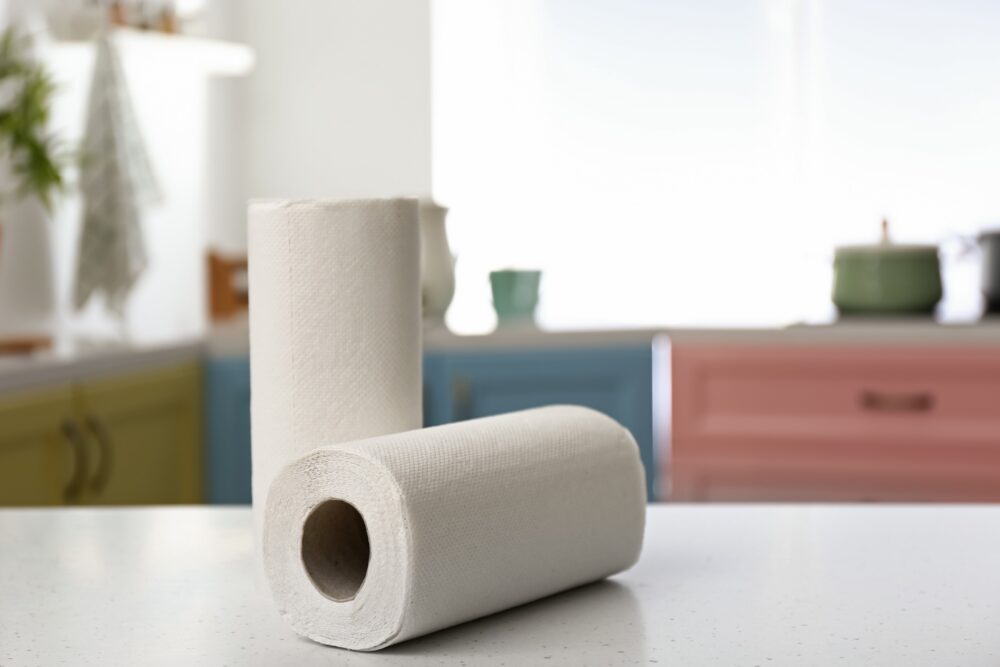
The production of paper towels requires significant amounts of water, energy, and trees. Additionally, used paper towels generate considerable landfill waste. Switching to reusable cloths or microfiber towels for cleaning can dramatically reduce this environmental toll.
15. Keurig Pods and Single-Use Coffee Capsules
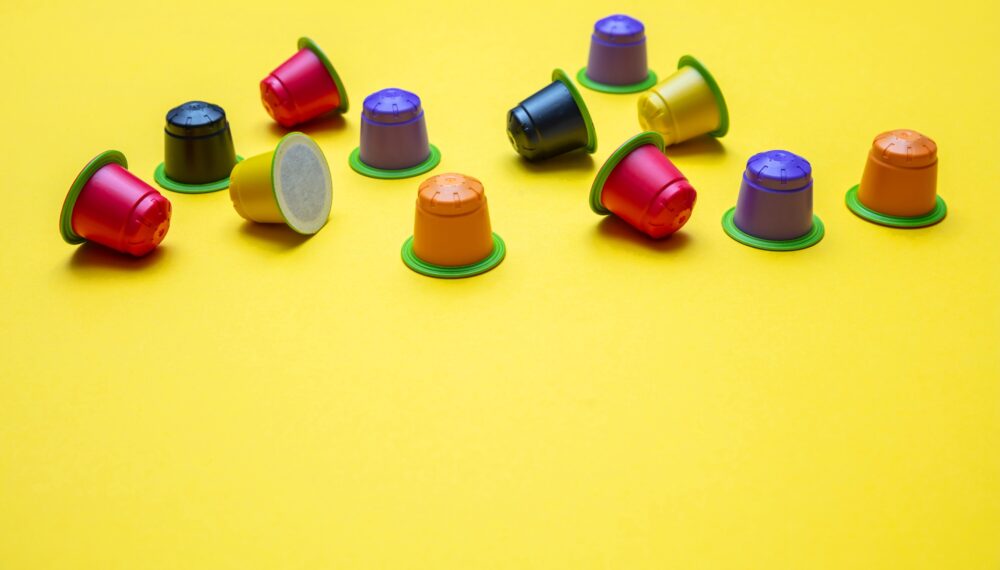
Single-use coffee capsules and Keurig pods contribute to a significant amount of waste, much of which is not recyclable. Opting for a traditional coffee maker or one with a reusable pod can help reduce this waste.
Everyday Products
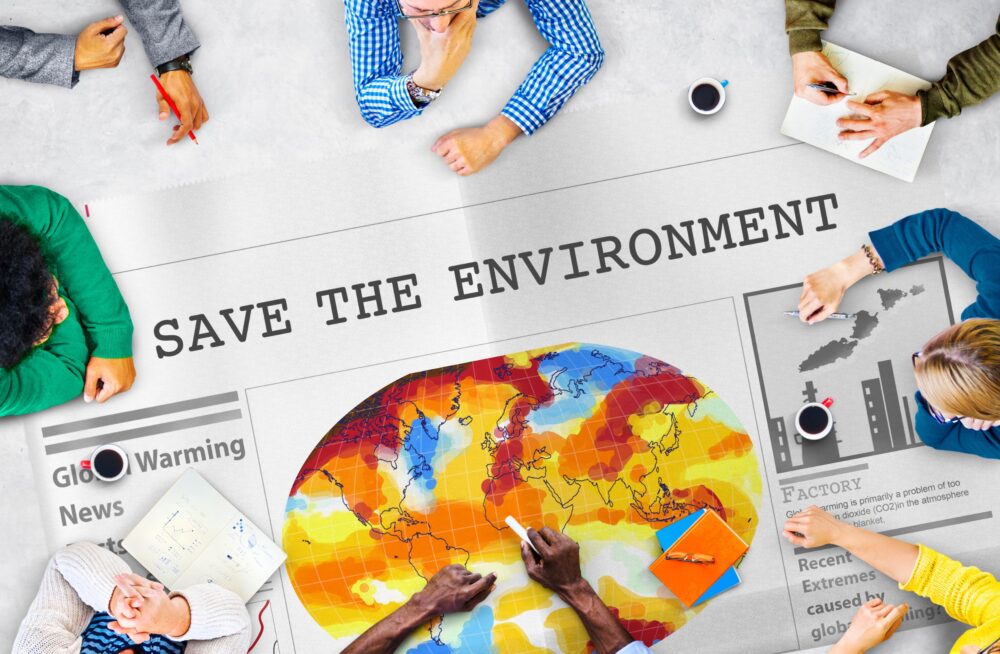
Ultimately, many everyday products we take for granted are contributing to environmental degradation. By making more conscious choices and opting for sustainable alternatives, we can significantly reduce our ecological footprint and work towards a healthier planet. It’s about making small changes in our daily lives that, collectively, can lead to significant environmental benefits.
Can you think of any other everyday products that are secretly destroying the environment? Do you make an extra effort to stay away from products that aren’t environmentally friendly? Share your thoughts in the comments below.
Read More:
Come back to what you love! Dollardig.com is the most reliable cash back site on the web. Just sign up, click, shop and get full cash back!



